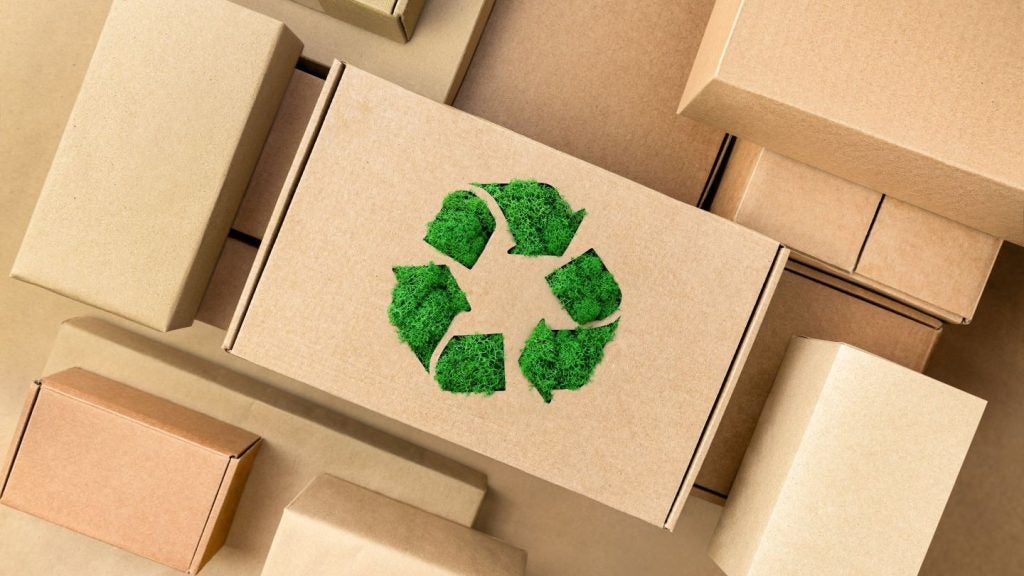A new survey of 100 UK packaging experts from fast-moving consumer goods (FMCG) brands has revealed a pressing need to shift towards more sustainable packaging options, primarily paper-based materials.
The research, conducted by Aquapak Polymers, underscores the significant reputational and financial dangers posed by lagging behind on environmental performance.
Two-thirds of respondents rated the threat to their business from inadequate packaging sustainability as ‘high’, with almost three-quarters expressing concerns about potential reputational damage.
The research also highlighted the risk of missing environmental, social, and governance targets, losing market share to competitors, and facing pressure from nongovernmental organisations and investors.
While reducing or eliminating plastic altogether was ranked as the least important priority, the survey indicated a strong focus on improving packaging’s environmental impact.
This includes increasing the use of paper-based materials, enhancing operational energy efficiency, and reducing the carbon footprint of logistics.
The report emphasised the pivotal role of packaging in an FMCG company’s overall success.
While packaging directors are often seen as key decision-makers in sustainability initiatives, the research shows that CEOs, finance directors, and brand directors are also heavily involved.
“It is really encouraging to see that moving to sustainable packaging materials such as paper is the top priority for FMCG brands and a board-level decision when it comes to improving their environmental credentials and mitigating reputational and financial risks of not doing so,” said John Williams, CTO at Aquapak.
“Abolishing the wrong sort of plastic use is important and is a longer-term target, the change has to be balanced as they assess alternative materials and wait for greater clarity around targets and regulation.”
Aquapak, a specialist in polymer-based materials, offers Hydropol as a potential solution.
This innovative polymer can be coated or laminated onto paper, providing strength and barrier properties while maintaining recyclability through standard paper recycling processes.
Hydropol is also nontoxic and compostable.
As the packaging industry grapples with increasing environmental scrutiny, the findings of this research serve as a stark reminder of the imperative to prioritise sustainable solutions.









